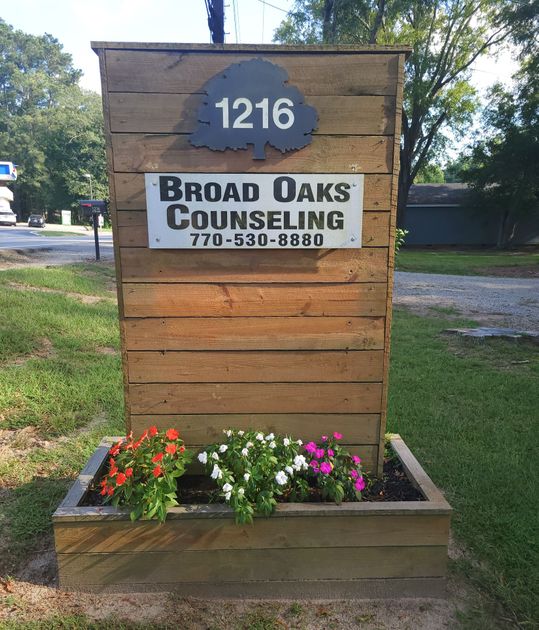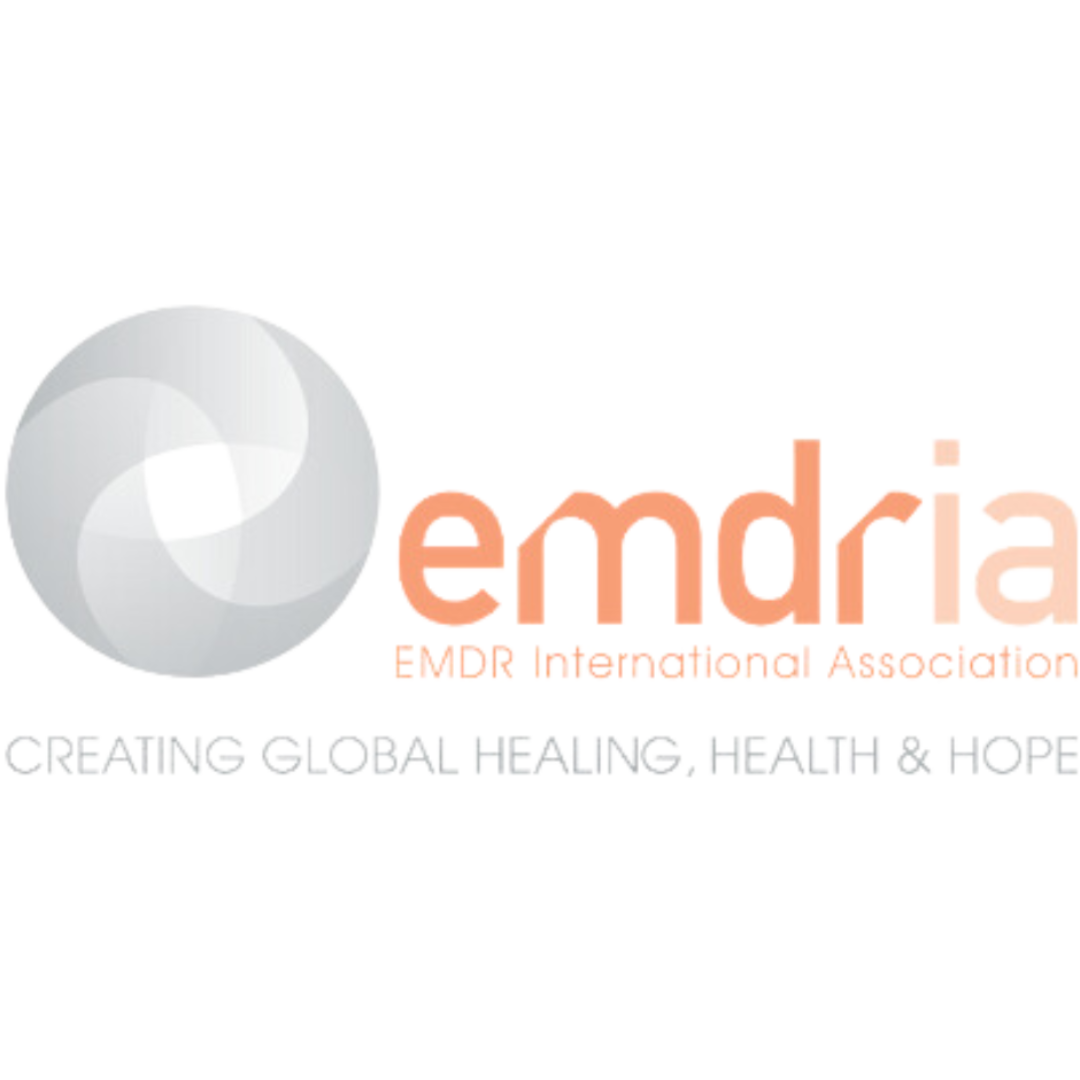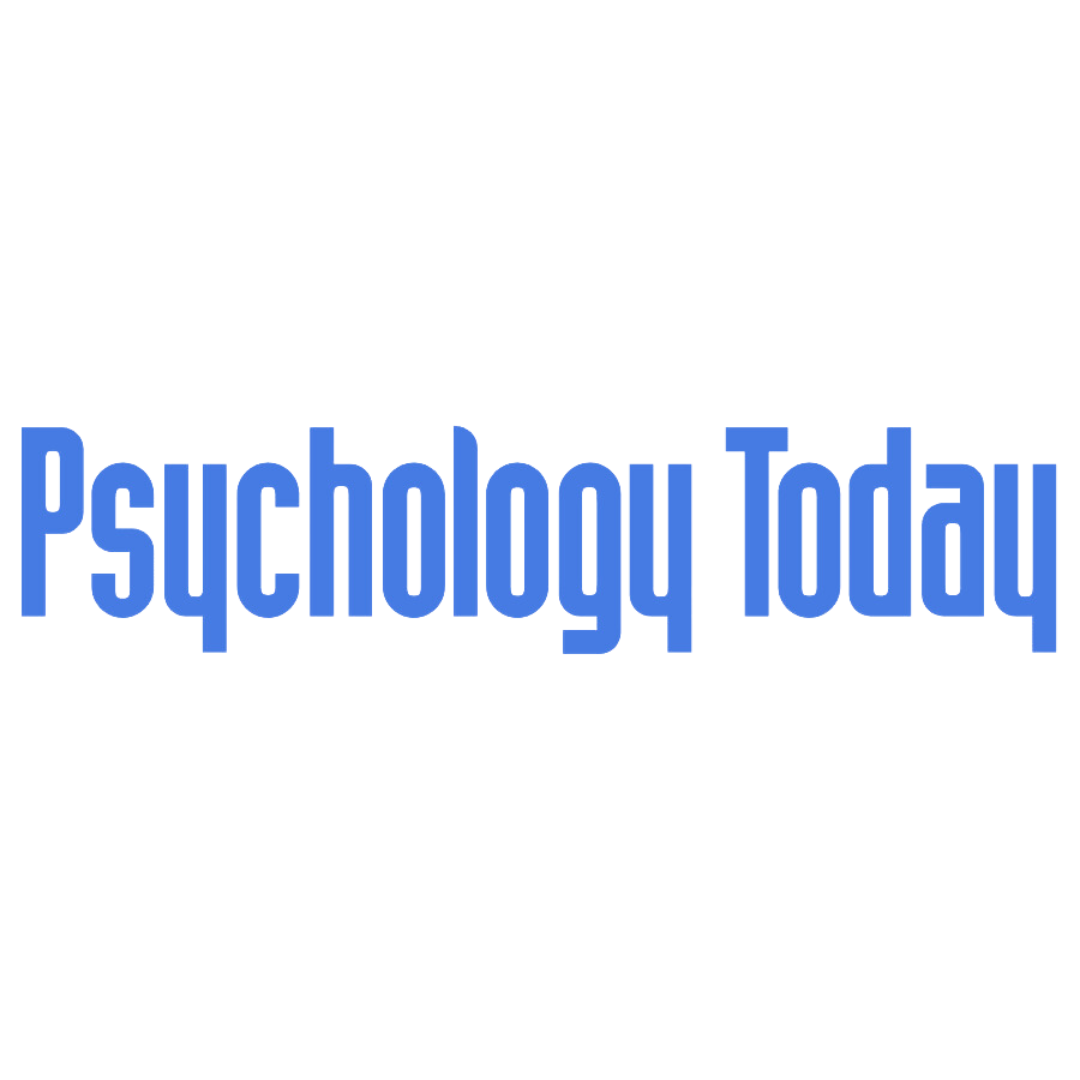
Our Mission
Broad Oaks Counseling & Coaching is dedicated to helping people in their healing and mental health wellness and growth. We value each unique individual, and we tailor our sessions to meet each person where they are to foster growth, hope, and wholeness.
Complete List of Counseling Services
Appointments Available In-Person and Online
Call or Email us today to discuss your needs
- Addiction/Addictive Behaviors
- ADHD
- Anger
- Anxiety
- Career
- Coaching
- Coping Skills
- Depression
- Divorce/Separation
- Fatigue/Low Energy
- Fears/Frustrations
- Flashbacks
- Friend Issues
- Grief
- Guilt
- Hopelessness
- Isolation
- Life Transitions
- Loneliness
- Loss
- Loss of/No purpose
- Nightmares
- Obsessive/Compulsive Behaviors
- Parenting Concerns
- Personal Growth
- Phobias
- Relationship Issues
- School Issues
- Self- Awareness
- Self Esteem
- Self-harm
- Self-Worth
- Shame
- Sleep Issues
- Social Discomfort
- Spirituality
- Stress
- Substance Abuse
- Suicidal Thoughts
- Trauma
- Unworthiness
Specialities
Animal Assisted Therapy (AAT)
Some clients enjoy interacting with my black lab Xena when she is available at the office, as they find her soothing, and feel more able to talk freely, as if the spotlight is not directly on them and their problems.
Eye Movement Desensitization Reprocessing Sessions (EMDR)
Eye Movement Desensitization and Reprocessing (EMDR) methodology is a form of adaptive information processing which may help the brain unlock maladaptive material.
Spiritually Guided Sessions
Some clients enjoy the spiritual component I have incorporated at times in to sessions, with prayer, with Bible verses, with hearing from God sessions and learning about strongholds that may be holding them back from who God created them to be while here on earth.

Adlerian Therapy
(Rebecca)
Adlerian Therapy, also called individual psychology, is a short-term, goal-oriented, and positive psychodynamic therapy based on the theories of Alfred Adler.

Cognitive Behavioral Therapy
(All Clinicians)
Cognitive behavioral therapy (CBT) focuses on modifying dysfunctional emotions, behaviors, and thoughts by uprooting negative or irrational beliefs through present circumstances.

Compassion Focused Therapy
(Rebecca, Kimberly)

Grief Therapy
(Kimberly)
Grief therapy is depth-oriented and reconstructive, and it integrates the past in an intentional therapeutic setting.

Rational Emotive Behavior Therapy is helpful for identifying self-defeating thoughts and feelings, challenging the nature of irrational and unproductive feelings, and replacing them with healthier, more productive beliefs.

Parent Coaching
(Sam)
At Broad Oaks Counseling, we offer a 4-session approach for new or struggling parents. This therapy includes a proactive and early intervention framework for expecting parents as well as parents with children under the age of 12.

Positive Psychology
(All Clinicians)
Positive psychology emphasizes meaning and deep satisfaction. Rather than trying to alleviate suffering, positive psychology strives to enhance well-being. It examines how people can cultivate happiness, strength, and resilience, and ultimately live a fulfilling, meaningful life.

Solution-Focused Therapy
(All Clinicians)
Unlike traditional forms of therapy that take time to analyze problems, pathology, and past life events, Solution-Focused Brief Therapy (SFBT) concentrates on finding solutions in the present and exploring one’s hope for the future in order to find a quick and pragmatic resolution of one’s problems.

Trauma-Focused Cognitive Behavioral Therapy
(Kimberly)
Trauma-focused cognitive behavioral therapy (TF-CBT) addresses the mental health needs of children, adolescents, and families suffering from the destructive effects of early trauma.
Send Me A Message
I'm here to help. Send me a message and I’ll be in touch.







